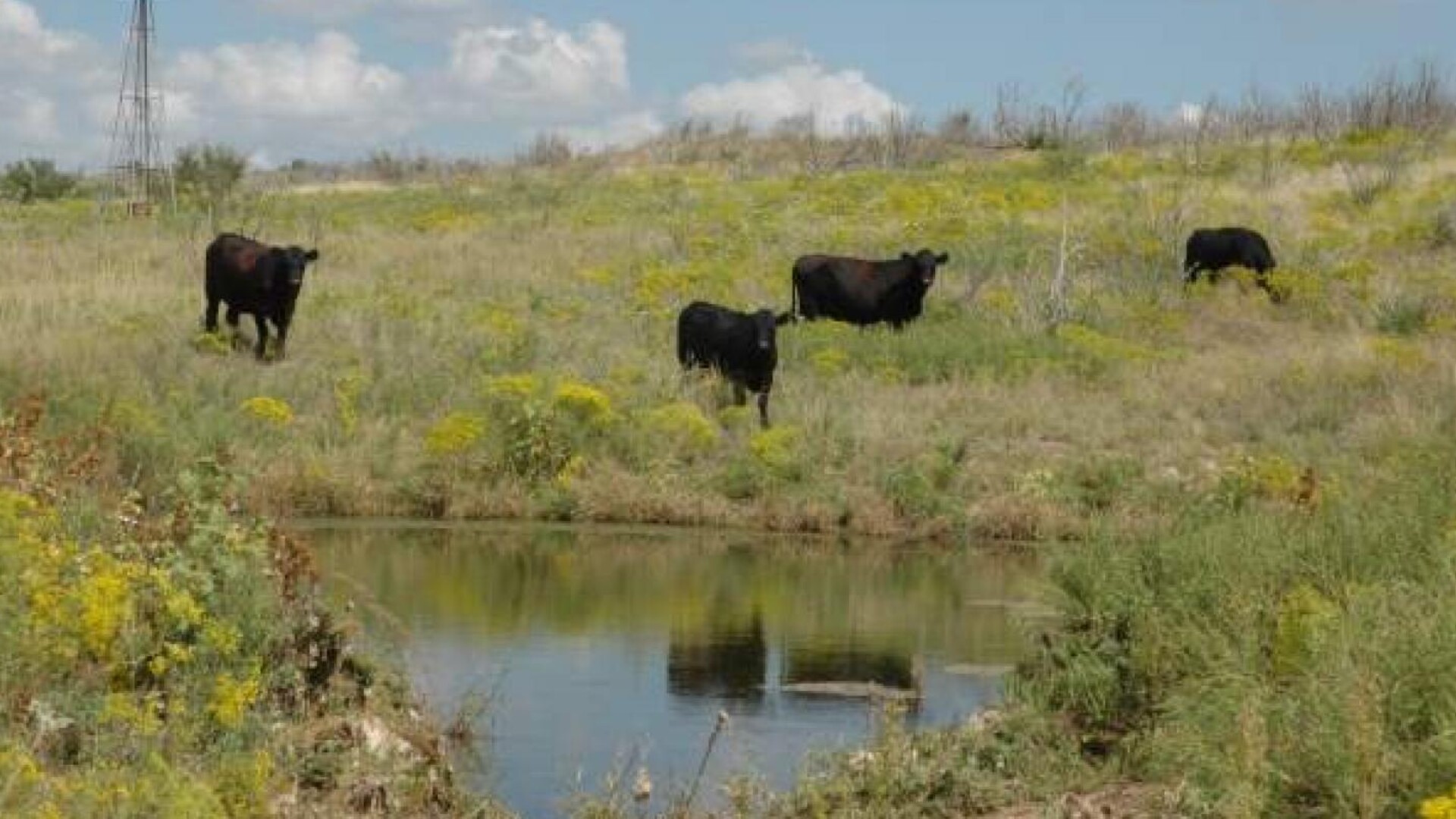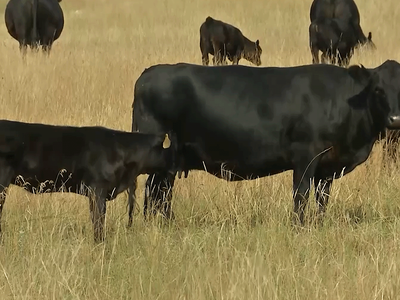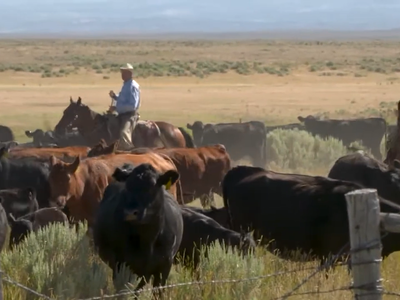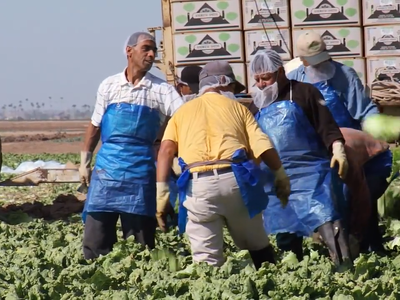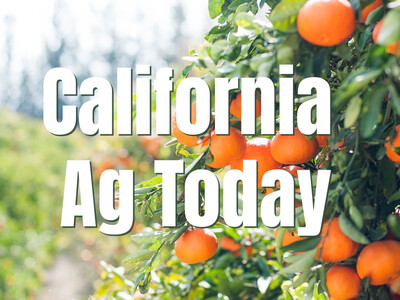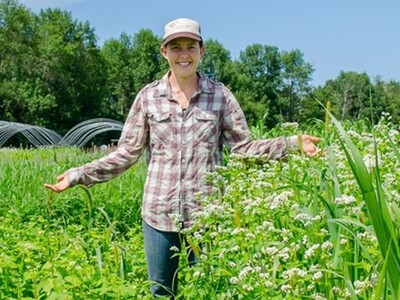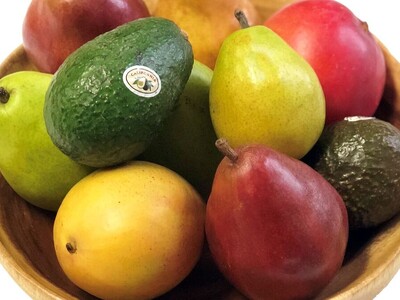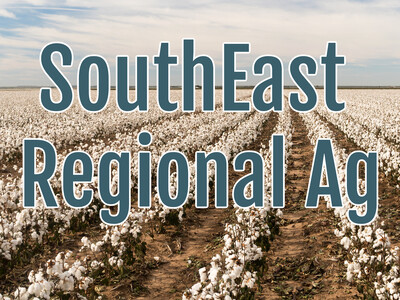EPA to Schedule WOTUS Rewrite Hearings
The EPA and the U.S. Army Corps of Engineers announced plans to schedule virtual public hearings throughout August and into September as part of planned revisions to waters of the United States definitions.The new round of hearings and rulemaking will be closely watched by agricultural groups that were among the biggest supporters of the Trump-era Navigable Waters Protection Rule. In June, the Biden administration announced it was working on a proposed change to the navigable waters definition in the Clean Water Act. The definition and language in the rule is controversial because it is meant to spell out the boundaries of federal water authority.
The agencies announced on Friday plans to host five public virtual meetings -- Aug. 18, 23, 25, 26 and 31. In addition, the EPA said in a news release it may host an additional public hearing on Sept. 2. The EPA said it plans to host webinars with tribes on Aug. 19 and 24.
Also, EPA said it is planning a series of 10 "regionally focused" roundtables this fall and winter, expected to be announced at a later date.
"EPA and Army are committed to developing a reasonable, effective, and durable definition of WOTUS that protects public health, the environment and downstream communities while supporting economic opportunity, agriculture and other industries," the EPA said in a news release.
EPA said the roundtables will allow a "full range of stakeholders to engage and discuss their experience with definitions" of WOTUS.
"The roundtables will provide opportunities to discuss geographic similarities and differences, particular water resources that are characteristic of or unique to each region, and site-specific feedback about implementation," the agency said.
EPA Administrator Michael Regan said in a press statement the agencies are "committed to crafting an enduring" definition.
"Uncertainty over the definition of WOTUS has harmed our waters and the stakeholders and communities that rely on them," he said.
EPA said the agencies will revise the WOTUS definition through two rulemakings.
"A forthcoming foundational rule would restore the regulations defining WOTUS that were in place for decades until 2015, with updates to be consistent with relevant Supreme Court decisions," the EPA said.
"A separate, second rulemaking process would refine this regulatory foundation and establish an updated and durable definition of 'waters of the United States.' A durable definition of WOTUS is essential to ensuring clean and safe water in all communities -- supporting human health, animal habitat, agriculture, watersheds, flood management, local economies and industry."
U.S. Secretary of Agriculture Tom Vilsack said in a statement it was important for rural Americans to be heard.
"It is vital that farmers and rural Americans have a seat at the table and a voice in this process so that the rule responds to concerns and realities on the ground," Vilsack said.
"The engagement in the coming months is important and I encourage all stakeholders to provide their experiences and views in order to help shape future policy."
In announcing the rule rewrite in June, EPA pointed to "lack of protections" in arid states like New Mexico and Arizona, "where nearly every one of over 1,500 streams assessed has been found to be non-jurisdictional. The agencies are also aware of 333 projects that would have required Section 404 permitting prior to the Navigable Waters Protection Rule, but no longer do."
The EPA said a new regulatory effort would be guided by a number of considerations.
That includes protecting water resources and communities consistent with the Clean Water Act, considering the latest science and the effects of climate change on waters, and emphasizing a rule with a "practical-implementation approach" for states and tribes.
The EPA said the new rule would reflect the "experience of and input received from landowners, the agricultural community that fuels and feeds the world, states, tribes, local governments, community organizations, environmental groups, and disadvantaged communities with environmental justice concerns."
Source: DTN


